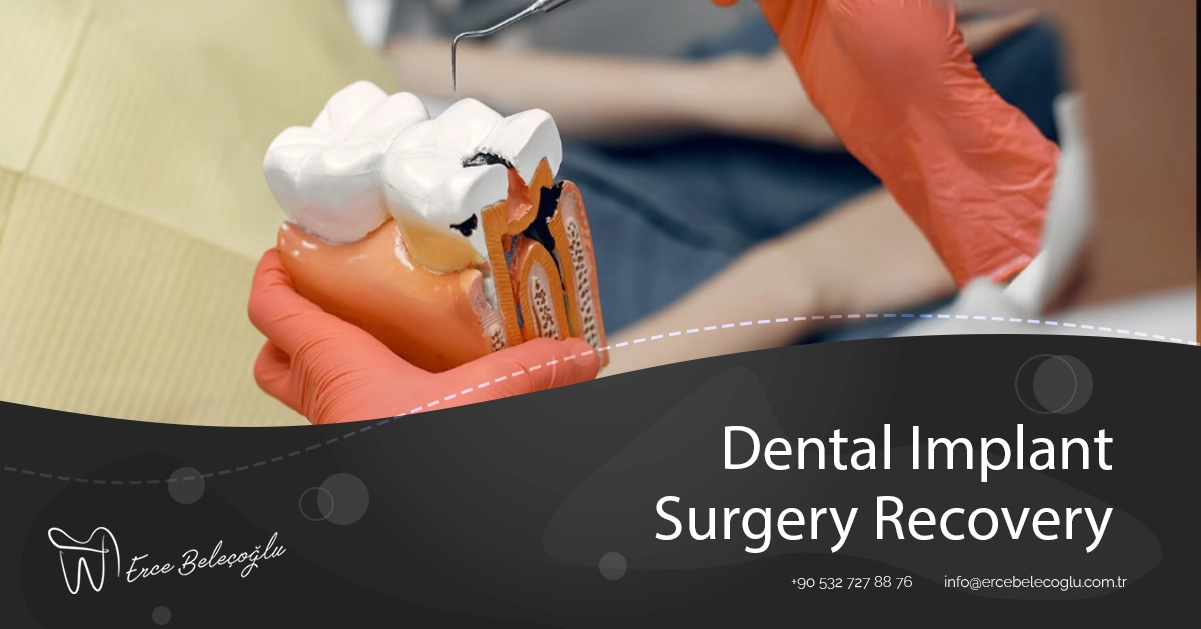Dental implant surgery recovery is a critical process that requires careful post-operative care, and it can range from a few weeks to a few months depending on individual health factors and the complexity of the procedure.
Dental implant surgery recovery timeline generally spans a period of a few weeks to a few months, depending on individual healing rates, overall health, the number of implants, and whether or not a bone graft was necessary. Oral health is of paramount importance for overall wellness, and dental implants have become a popular solution for replacing missing or damaged teeth.
Dental Implant Surgery Recovery Time
The recovery time after dental implant surgery can vary greatly depending on the individual. Generally, the timeline spans from a few weeks to a few months. Factors that affect the length of the recovery period include the patient’s overall health, the number of implants placed, and whether or not a bone graft was necessary.
Patients may experience some discomfort immediately after the procedure, such as swelling, bleeding, pain, and bruising. These symptoms typically subside within a week. The initial healing phase, during which the implant site heals and any sutures are removed, typically lasts about 2 to 6 weeks.
The subsequent phase involves osseointegration, the process by which the implant fuses with the jawbone. This can take anywhere from three to six months. Once the implant is fully integrated into the bone, the final restoration (crown, denture, or bridge) can be attached.

Recovery After Dental Implant Surgery
After surgery, patients should expect to follow a specific regimen to ensure a smooth recovery and prevent complications. Patients are usually advised to rest and refrain from strenuous activities for a few days post-surgery. They are also advised to follow a soft diet to avoid disturbing the implant site and to promote healing.
Pain medication, usually over-the-counter analgesics, can help manage any discomfort. Additionally, patients may be prescribed antibiotics to prevent infection. Good oral hygiene is critical to prevent infection and promote healing. This includes regular brushing and flossing, as well as using a mouth rinse prescribed by the dentist.
Regular follow-ups with the dentist are essential to monitor the healing process and address any concerns promptly. If complications arise, such as excessive bleeding, severe pain, or signs of infection, patients should seek immediate medical attention.
After Dental Implant Surgery Pain
Pain is a normal part of the recovery process after dental implant surgery. However, the level of pain varies from person to person. Mild to moderate pain can be managed with over-the-counter pain relievers. It typically subsides within a week after surgery.
If the pain persists or intensifies, it could be a sign of complications, such as an infection or a failed implant. Therefore, persistent pain should not be ignored and needs to be reported to the dentist as soon as possible.
In conclusion, dental implant surgery is a significant procedure with a substantial recovery period. However, with the right care and follow-up, patients can expect successful outcomes and a renewed smile.

